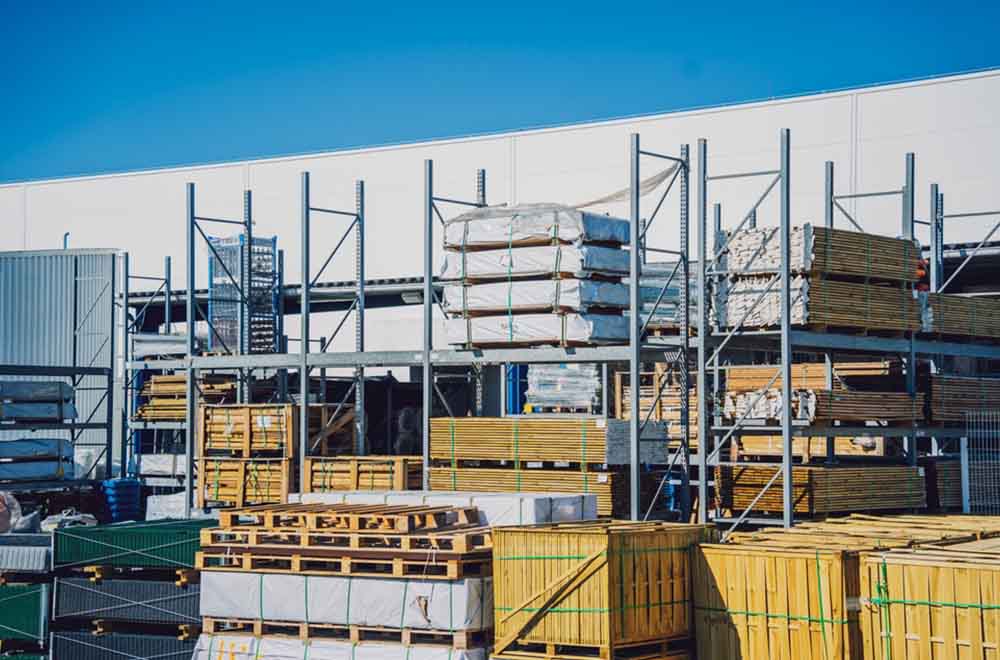Inbound logistics is undergoing a radical transformation, driven by a number of emerging trends and the increasing adoption of increasingly advanced technologies, which introduce concepts such as global visibility and the need for ever tighter control over the entire supply chain. Let’s find out about them together.
The challenges of a changing industry
After several years when offshoring seemed an absolute must for manufacturing entities, we are now witnessing, in many cases, the reverse process.
The processes of reshoring, which involves bringing production back home, and nearshoring, which involves moving production to neighboring countries, are becoming increasingly present among manufacturers in response to changing geopolitical relations and the rising costs of shipping from producing countries such as China. The cost of transportation, however, does not only affect intercontinental shipping: rising diesel prices of 55 percent globally in the first six months of 2022 are leading companies to seek increasingly effective solutions for optimizing logistics processes. SAP, through its tools and products, offers the answer to all major needs in this regard.
Having defined the global scenario, let us now focus on some specific challenges for 2023.
Automation and Artificial Intelligence
Automation and artificial intelligence are revolutionizing the inbound logistics. These technologies make processes more efficient, significantly reducing the error rate and improving the accuracy of forecasting, analysis and forecast. SAP, with its suite of logistics solutions, has adopted such technologies within its offerings for several years now. For example, SAP Business Network provides real-time visibility into the supply chain, enabling companies to make informed and timely decisions.
Sustainability
Sustainability has become a priority for companies around the world, both for reasons of awareness, whether for economic or regulatory reasons. A change that is also reflected in inbound logistics, where companies are trying to Reduce the environmental impact of their operations. SAP supports these initiatives with solutions that help companies monitor and reduce carbon emissions along the supply chain, up to and including a comprehensive solution such as SAP Sustainability Control Tower, designed to help companies monitor and manage their sustainability performance.
Logistics 4.0
Logistics 4.0, or digital logistics, represents the application of digital technologies to logistics. This concept, borrowed in terms from Industry 4.0, sees the automation, monitoring and analysis of supply chains through smart technologies. SAP is leading this transformation with solutions such as. SAP Extended Warehouse Management., which uses IoT sensors, augmented reality and autonomous robots to improve warehouse efficiency.

Real-Time Operations
Real-time operations are now a determining factor in the world of inbound logistics: in an environment where the market is now changing daily, the ability to monitor and respond immediately to changes in supply and demand can make the difference between success and failure. SAP solutions, such as SAP S/4HANA, offer real-time capabilities that enable companies to have a clear and up-to-date view of their logistics operations. This enables them to make timely, data-driven decisions, improving efficiency and responsiveness.
SAP as a catalyst for change
SAP is playing a crucial role in supporting companies on their journey toward optimizing logistics processes. With its advanced solutions, SAP is helping companies with digitization in the governance of emerging trends, transforming them from projects into opportunities.
SAP solutions offer real-time visibility, advanced analytics and collaboration capabilities, facilitating efficiency, cost reduction and consequently customer satisfaction.
In summary, inbound logistics is going through a period of unprecedented change and innovation. With the adoption of advanced technologies and a focus on sustainability, companies can expect to see significant improvements in their logistics processes. And with SAP’s support, they can be confident that they are best positioned to take advantage of these opportunities.
Our consultants are available to guide your company through the Digital Transformation process.